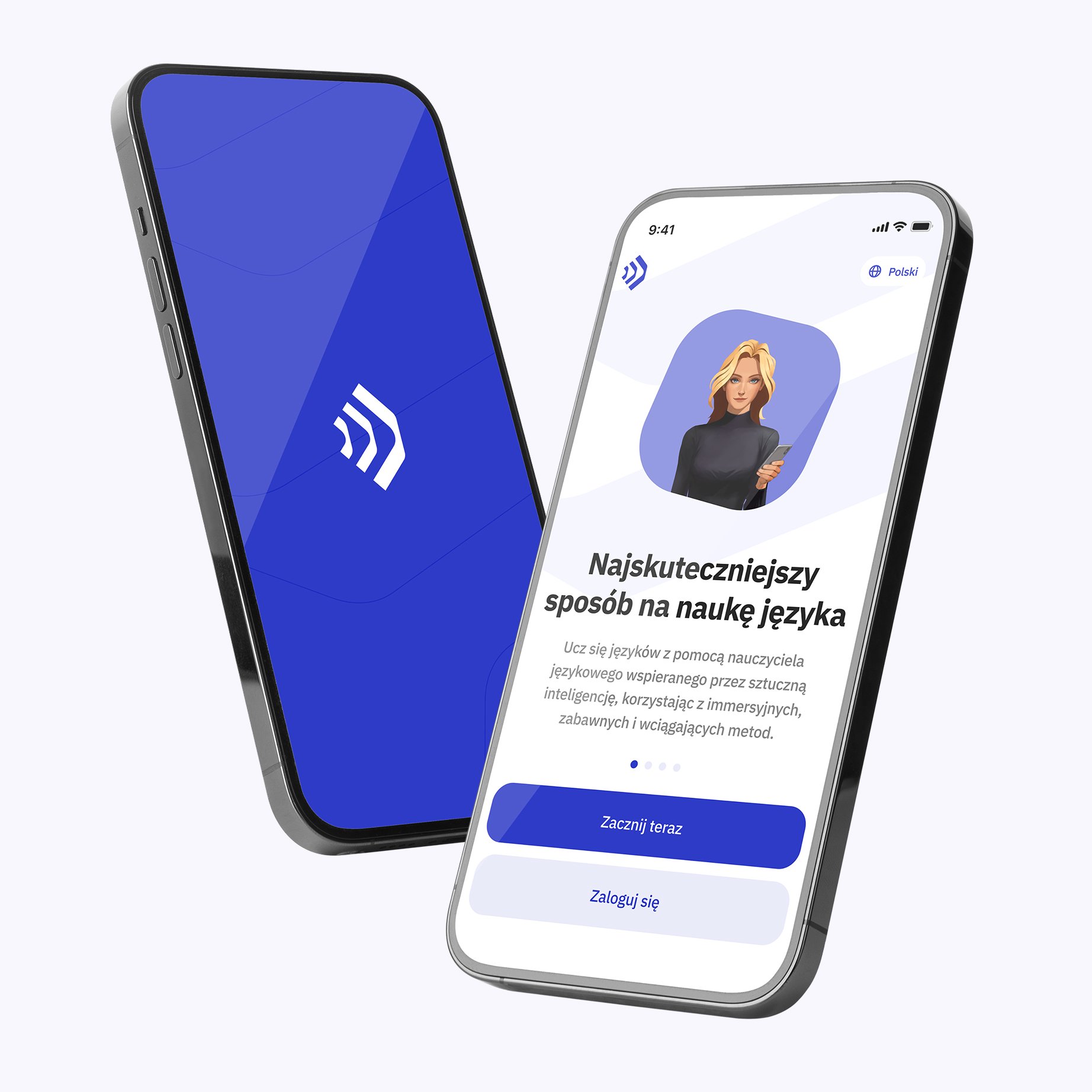Ćwiczenie 1: Rozróżnianie Past Simple i Present Perfect
2. She *has lived* in London since 2015. (Present Perfect – czynność trwająca do teraz)
3. They *watched* a movie yesterday. (Past Simple – dokładny czas w przeszłości)
4. We *have finished* our homework already. (Present Perfect – czynność zakończona z efektem w teraźniejszości)
5. He *broke* his phone two days ago. (Past Simple – zakończona czynność w przeszłości)
6. You *have never been* to Paris. (Present Perfect – doświadczenie życiowe)
7. I *saw* that film last month. (Past Simple – określony moment w przeszłości)
8. She *has just eaten* lunch. (Present Perfect – niedawna czynność)
9. We *went* to the beach last summer. (Past Simple – zakończona czynność w przeszłości)
10. They *have lived* here all their lives. (Present Perfect – czynność trwająca)
Ćwiczenie 2: Wstaw odpowiednią formę czasownika – Past Simple czy Present Perfect?
2. She *finished* her project yesterday. (Past Simple – czas zakończony)
3. We *have visited* that museum three times. (Present Perfect – doświadczenie)
4. They *did* their homework last night. (Past Simple – określony czas)
5. He *has never eaten* sushi before. (Present Perfect – doświadczenie)
6. You *called* me two hours ago. (Past Simple – dokładny czas)
7. I *have read* that book several times. (Present Perfect – doświadczenie)
8. She *wrote* a letter last week. (Past Simple – zakończona czynność)
9. We *have just arrived* at the airport. (Present Perfect – niedawna czynność)
10. They *played* football yesterday afternoon. (Past Simple – zakończona czynność w określonym czasie)










